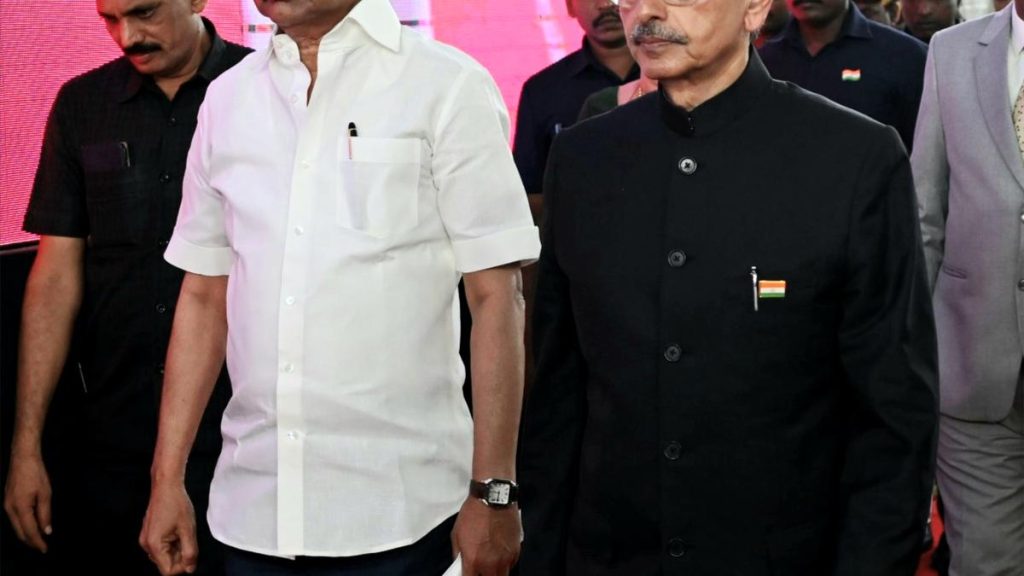Now Reading: Study Finds Life Improves Post-Transplant, But Mental Health Challenges Persist
-
01
Study Finds Life Improves Post-Transplant, But Mental Health Challenges Persist
Study Finds Life Improves Post-Transplant, But Mental Health Challenges Persist

Swift Summary
- A kerala study among 256 organ recipients investigated post-transplant quality of life (QOL), focusing on physical, psychological, social, and economic factors.
- Participants included kidney (140), liver (104), and heart (12) transplant recipients aged 20+ who had been transplanted for at least a year.
- Key findings:
– Organ Functionality: 84.8% experienced no organ rejection; 46.5% resumed normal life within 6-12 months.
– Lifestyle Changes: Healthy habits adopted by 84%; regular exercise practiced by 71%.
– Mental Health Concerns: While emotional distress persisted in some cases, wiht moderate-to-high levels of worry reported by over half the participants (61.6%), coping abilities were strong among nearly half (46%).
– Family & Social Dynamics: Family played a critical caregiving role for most recipients; social reintegration varied across urban and rural demographics.
- Economic stress emerged as a recurring concern; transplant costs were typically high at ₹21-30 lakhs for many,with limited public hospital access noted.
- Factors influencing QOL included family relationships, coping mechanisms, social support networks, education level, income bracket, and type of organ transplanted.
Indian Opinion Analysis
The study provides valuable insights into the nuanced challenges faced by organ transplant recipients in India’s healthcare system-particularly in Kerala. While medical advances have enabled accomplished transplantation rates and improved physical health outcomes overall (e.g., minimal rejection rates), the findings underscore areas requiring attention such as mental health support systems and financial burden management.
Key recommendations like fostering enhanced social networks and offering individualized care plans could significantly improve long-term well-being for recipients post-surgery. The reliance on private hospitals and living donors also highlights systemic hurdles tied to affordability and accessibility within India’s broader healthcare infrastructure-a critical area policymakers must prioritize.In essence, this research reflects the dual-sided nature of medical progress: while tangible improvements are evident in survival rates post-transplantation coupled with stronger reintegration possibilities via familial support structures-it is equally notable to address underlying gaps like rural isolation risks or mental stress management issues to ensure holistic patient recovery outcomes.
Read more at Indian Opinion.
























